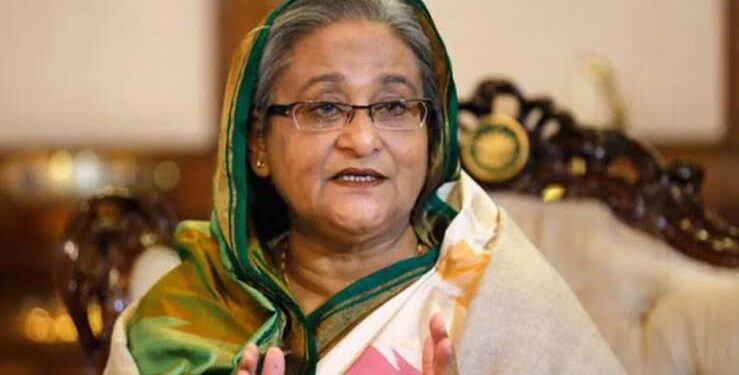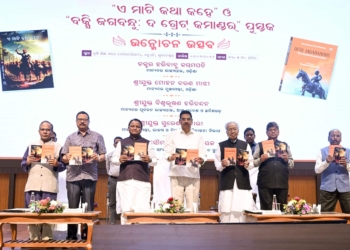In a dramatic escalation of political developments in Bangladesh, the interim government led by Nobel laureate Muhammad Yunus has officially banned the Awami League and its affiliated organisations under a revised anti-terrorism law.
The move follows the party’s earlier suspension on Saturday and the disqualification of its electoral status by the Election Commission on Monday.
The decision came via a gazette notification issued by the Ministry of Home Affairs. Home adviser Lt Gen (retd) Jahangir Alam announced the move during a press briefing, confirming that the action was taken under Section 18 of the newly amended Anti-Terrorism Act, 2025. The law empowers the government to ban not just individuals but entire organisations on grounds of involvement in terrorism.
The ban will remain in effect until the International Crimes Tribunal of Bangladesh (ICT-BD) completes its trial of Awami League leaders and supporters, many of whom face charges of crimes against humanity during last year’s anti-government student-led protests.
The Election Commission (EC) followed suit by revoking the Awami League’s registration, officially barring the once-dominant political force from participating in future elections. “The Ministry banned its activities, and we have accordingly suspended its registration,” EC Secretary Akhtar Ahmed said.
The party’s downfall was triggered by widespread unrest last year, where over 1,400 people were reportedly killed between July and August 2024, according to the UN. Many of the casualties were linked to retaliatory violence involving police and Awami League supporters. The movement ultimately led to the ouster of Prime Minister Sheikh Hasina’s 16-year-long regime on August 5, 2024.
In response to these events, the interim administration on Sunday night promulgated a new ordinance, banning the dissemination of any statements or expressions of support—online or offline—for entities or individuals charged under the updated anti-terror law.
The sweeping reforms mark a turning point in Bangladesh’s political history. The Awami League, founded in 1949 and central to Bangladesh’s independence struggle in 1971, now finds itself banned, deregistered, and under trial for human rights violations. Despite the crackdown, the party has rejected the interim government’s decision and vowed to continue its activities through “appropriate means.”
Observers say the interim government’s actions signal a deep shift in governance, aiming to rebuild the nation’s institutions in the wake of unprecedented political violence and allegations of authoritarianism under the Hasina-led administration.





























